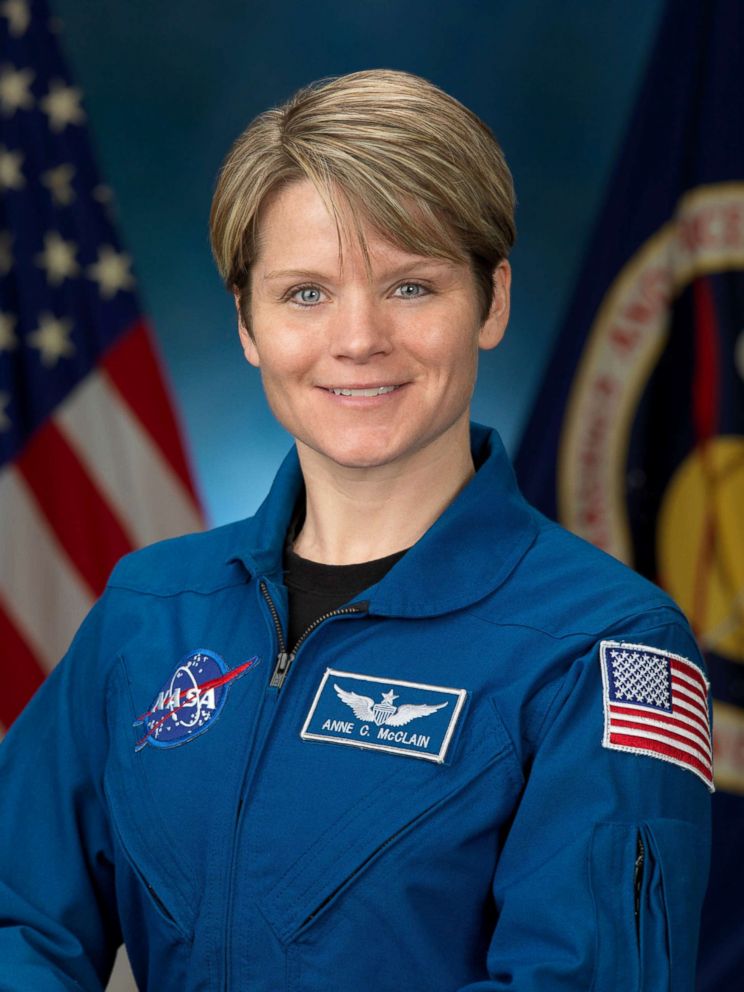
Just weeks after a Soyuz booster failed and a crew was rocketed to safety the Russians are ready to return to manned flight, and Army Lt. Col. Anne McClain will be the first to sit atop that rocket since the accident.
Officials that investigated the failed October 11th launch from Baikonur space center in Kazakhstan, said they identified part of the reason for the accident that occurred two minutes into the flight, part of the first stage of the rocket had struck the second stage after separating, damaging the booster causing the first Soyuz failure in decades.
The launch piloted by a two-man crew, Russian cosmonaut Alexey Ovchinin and NASA astronaut, Nick Hague, was aborted and the capsule blasted away from the rocket and hurtled back to Earth.
Is McClain confident?
“The bottom line is that I would have got on the Soyuz rocket the next day,” she tells ABC News. “I know that a lot of people see that as a failure, it’s been called that. But inside this community where we mitigate risk professionally every single day: that was a success story.”
McClain, a senior Army aviator who has logged more than 2,000 flight hours in both rotary and fixed-wing aircraft, joined the astronaut corps five years ago and is now ready to make a life-long dream come true.
She first told her parents, as she headed off to pre-school when she was 3 years old, “I’m going off to school to learn to be an astronaut.”
McClain says she cannot define what struck her at that age “but I do know that it has been something so magical, that has given me such a purpose my whole life, and I’m really looking forward to achieving it.”
McClain acknowledges that for as long as mankind existed there’s been the propensity to explore. “We go across lands, we go across water. And then the next logical step was to start flying just over a hundred years ago and of course, now we’re going to look up at the stars and say what’s next, what’s out there?”
McClain is currently at the Gagarin Cosmonaut Training Center in Star City, Russia preparing for her six-month mission to the International Space Station.
She will be joined by crew-mates David Saint-Jacques of the Canadian Space Agency and Oleg Kononenko of the Russian space agency Roscosmos when she launches from Baikonur, Kazakhstan, on Dec. 3.
“I’m looking forward to riding the rocket. I’m looking forward to getting to space, looking back to earth out the copula window. I think all of it is going to be a completely new experience that I can’t quite predict.”
During her mission, McClain will facilitate research investigations and technology demonstrations not possible on Earth to advance scientific knowledge of Earth, space, physical and biological sciences.
McClain will be scheduled to return in June.

